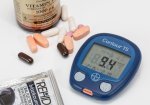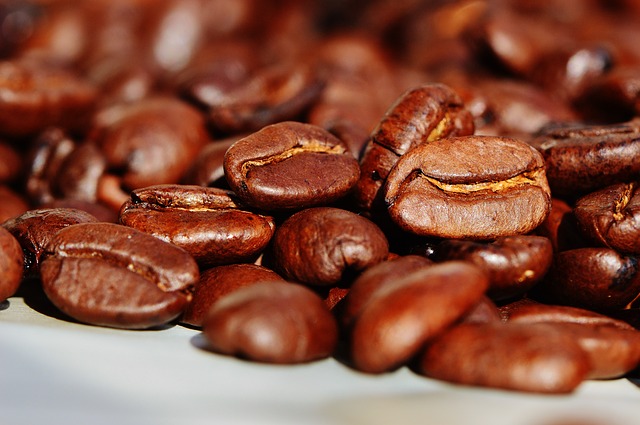Caffeine and Blood Pressure association
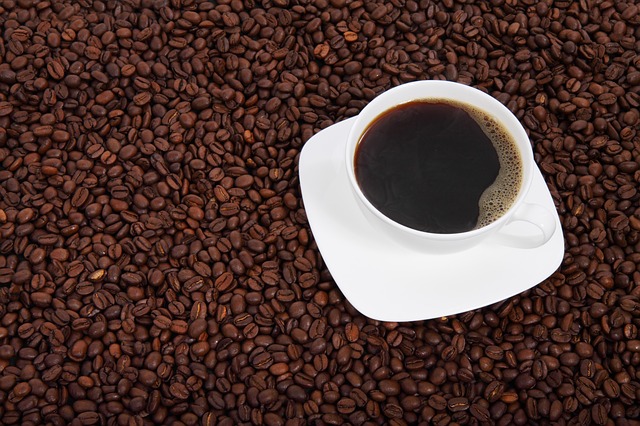
The relationship between caffeine and blood pressure understandably triggers interest because on one hand millions of people consume caffeine from various sources including the obvious one which is coffee. On the other hand, millions more people are hypertensive.
This relationship between caffeine and hypertension continues to interest both high blood pressure sufferers themselves and hypertension researchers. Caffeine does cause a spike in blood pressure. This is scientifically proven as we shall demonstrate.
What matters to some, maybe questions surrounding the association between caffeine and blood pressure in as far as if consumption of caffeine could lead to chronic high blood pressure which is also known as hypertension.
A study published in the International Journal of Scientific and Research Publications, Volume 4, Issue 2 of February 2014, concluded that caffeine indeed increased blood pressure. Study results showed increased systolic blood pressure readings by as much as 17%. Mean arterial blood pressure also increased by a margin of 11%. Furthermore, caffeine also led to an increased heart rate. This all happened about an hour after study participants had ingested some coffee with caffeine.
What maybe intriguing to some is exactly how caffeine could possibly result in spiked blood pressure. Contrary to some assumptions, the caffeine induced blood pressure increase is not directly related to caffeine's influence on the heart. Rather, caffeine causes the stiffening of the aorta and larger blood vessels. It is therefore not a matter of increased stroke volume (SV) as maybe assumed. In cardiovascular physiology stroke volume refers to how much volume of blood is pumped by the left ventricle of the human heart.
A
natural follow-up question would be what is it then in caffeine that
causes the stiffening of the blood vessels. While caffeine triggers
multiple things, the leading answer points to Angiotensin II (ANG).
Caffeine increases angiotensin II which is responsible for the
stiffening of the blood vessels. This is what has been scientifically
shown to increase blood pressure.
Other supporting studies have
sought to explain that apart from its sodium retention properties,
angiotensin II raises blood pressure through a number of bio-chemical
actions the main ones being what a publication by the NCBI has listed as
"vasoconstriction, sympathetic nervous stimulation, increased
aldosterone biosynthesis and renal actions".
Apart from angiotensin II, other responsible inducers of blood pressure increase along side angiotensin II include catecholamines and possibly noradrenaline, a hormone naturally produced by your body which is also known as norepinephrine. This hormone increases blood pressure in "fight or flight" situations which causes increased heart rate and widening of pupils, for example.
While the study mentioned above by the International Journal of Scientific and Research Publications observed changes in systolic blood pressure and silent about diastolic blood pressure following caffeine ingestion, another study by the Department of Preventive Medicine and Public Health, School of Medicine, Universidad Autónoma de Madrid/IdiPAZ of Madrid in Spain showed an increase in both systolic and diastolic blood pressure readings following consumption of caffeine.
While the Madrid study concluded that caffeine does indeed increase blood pressure, it also gave further insight on the duration and effect of spiked blood pressure. The research, cutting across five trials, observed that blood pressure spiked after caffeine intake and lasted some 3 hours in an elevated status.
Longer observations over a period of 2 weeks showed that blood pressure did not increase any higher than individuals on a caffeine-free diet or those taking decaffeinated coffee; some studies have attributed this to caffeine tolerance that develops over time. Furthermore, the research also showed that caffeine did not pose any risk for long term development of hypertension nor cardiovascular diseases.
The forgoing studies which corroborated each others' findings confirm that the association between caffeine and blood pressure is temporary in the form of short term spikes in blood pressure. The spike in blood pressure has been observed when at least 4 cups of coffee per day are ingested. In addition, there is no evidence of longer term consumption of caffeine leading to the development of high blood pressure nor it resulting in long term problems such such as stroke, heart failure, and renal disease.
It would appear the relationship between caffeine and blood pressure is an area still open to ongoing study particularly as it relates to the possible longer term impact of caffeine on cardiovascular health. At present, coffee drinkers appear not to be at any risk particularly those who are non-hypertensive.
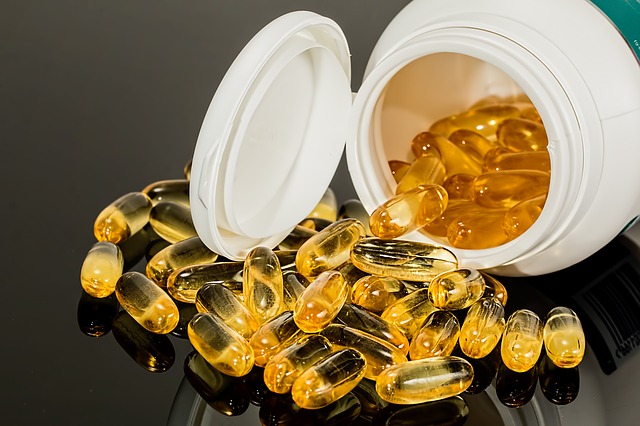
Caffeine and Blood Pressure Medications
The interaction between caffeine and blood pressure medications is well documented in respect of calcium channel blockers (CCB's) which are also known as calcium antagonists. Examples of CCBs include Amlodipine (Norvasc), Diltiazem (Cardizem, Tiazac), Felodipine, Isradipine and Nicardipine.
Caffeine and calcium channel blockers tend to work at cross purposes. Whilst caffeine causes stiffness of blood vessels resulting in increased blood pressure, calcium channel blockers expand blood vessels lowering blood pressure. Taking caffeine and high blood pressure medications at the same time results in interaction which is essentially competition between the two to do the opposite of each other.
This competition may present the unforeseen danger of overdose of high blood pressure medication in an effort to counter the effects of caffeine. Overdosing hypertension medication does not look pretty if one takes into account that blood pressure medications do have their own respective side effects.
The influence of caffeine begins at an earlier stage which is that of blood pressure testing or diagnosis.
Caffeine has a possible impact on both diagnosis and treatment of high blood pressure. This is according to researchers from the Western University and Lawson Health Research Institute in London, Ontario, in Canada. The researchers observed that taking coffee or caffeine ahead of a blood pressure test left a window open for readings distortion particularly in individuals who do not usually take caffeine.
As shown earlier in the Madrid study, regular caffeine ingestion posses no effect on blood pressure in the longer term. It is the interval, once in a while, taking of caffeine that is likely to distort blood pressure test results as the caffeine abstinence that occurs for some days until the next cup allows the system to clear itself of the caffeine from the last cup which facilitates a spike on next coffee consumption. According to researchers, there maybe need to avoid taking caffeine for some 48hrs ahead of a high blood pressure diagnosis.
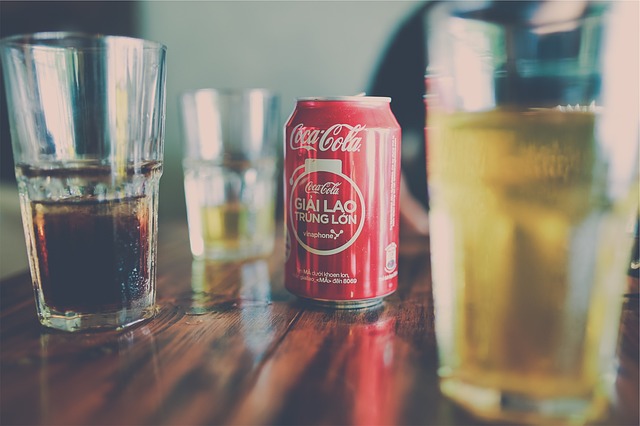
Sources of Caffeine that Causes Blood Pressure Spikes
Caffeine is a drug most widely consumed by over 90% of Americans over the age of 20 who take it in coffee and caffeinated drinks such as sodas on a regular basis. Caffeine is the most active component in coffee to the extent that a 150ml cup of coffee contains 60 to 120mg of caffeine.
The following list has top five food and beverages consumed daily with the highest levels of caffeine;
- Coffee, brewed, espresso, restaurant prepared - 21202mg caffeine
- Coffee from grounds and prepared with distilled water - 7999mg caffeine
- Tea brewed and prepared with distilled water - 4000mg caffeine
- Carbonated beverage, low calorie, other than cola or pepper, with aspartame e.g pop,soda, soft drink - 3000mg caffeine
- Coffee, instant, regular, powder - 2608mg caffeine

|
Alcohol and Blood Pressure |
Return to What Causes High Blood Pressure from Caffeine and Blood Pressure
Return to Hypertension Home Page from Caffeine and Blood Pressure
Disclaimer
Information contained on this website is not meant to replace your doctor's advice.
(c) All Rights Reserved. 2010-2018
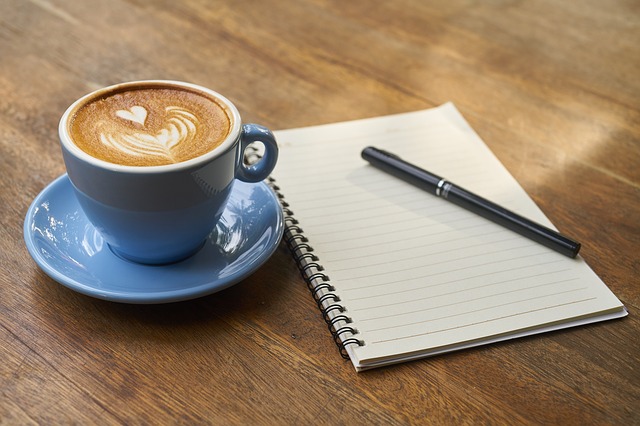
While we have established a relationship between caffeine and blood pressure in a negative sense, the fact of the matter is that caffeine has many other positive benefits. Not so as to beat ginkgo biloba, caffeine gives a 45min mental boost. It reduces risk of Parkinson's disease by some 50% at at least 4 cups per day. Caffeine boosts circulation reducing redness of skin by constricting small blood vessels. At least 2 cups of coffee per day reduces risk of erectile dysfunction increases sexual performance in men.
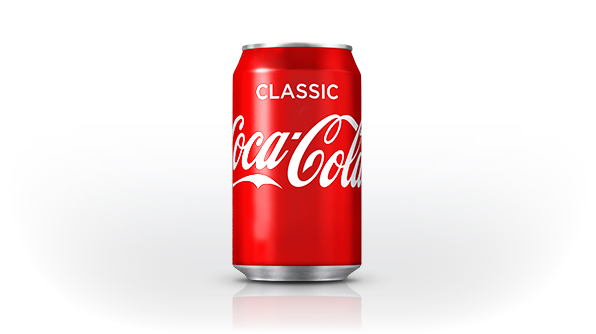
Coca Cola claims there is only 32mg of caffeine in their product, Coca Cola Classic, compared to 150mg in a cup of filter coffee and about 50mg in a cup of tea. The company does admit, however, that caffeine as found in their product has what the company calls a "mild" diuretic effect in people who do not take caffeine regularly. There is no study clearly linking Coca Cola to high blood pressure. However, sugar in sodas such as coke is well known to contribute to weight gain which makes way for health problems including hypertension.
